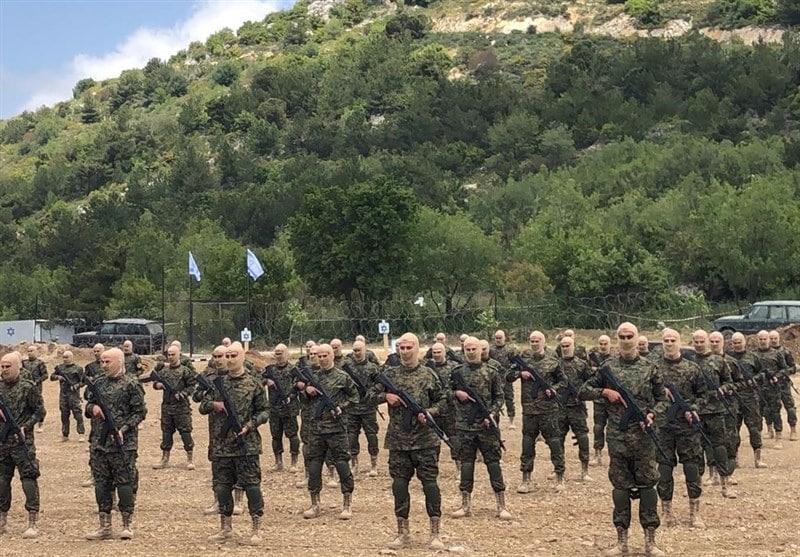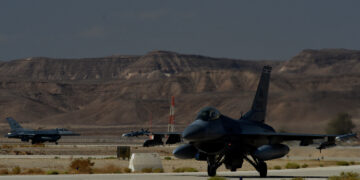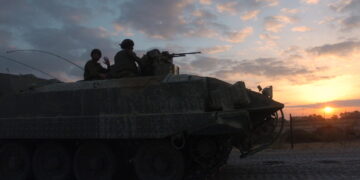December 19, 2023
A war between Hezbollah and Israel is the last thing the U.S. wants

Defense Secretary Lloyd Austin is traveling to the Middle East this week in part to press Israel to moderate its war plans in Gaza and prepare for a transition to lower-intensity operations against top Hamas commanders. President Joe Biden’s administration is increasingly impatient about the humanitarian situation in Gaza, a small coastal territory that has essentially become hell on earth.
The Israelis, meanwhile, are increasingly impatient about the situation in the north, near Israel’s border with Lebanon. Ever since the war in Gaza began on Oct. 7, the Israeli military and Hezbollah, the Lebanese terrorist group that runs south Lebanon, have been firing at each other across the United Nations-demarcated border. Hezbollah drones and missiles, some of which are precision-guided, frequently target empty Israeli settlements and military posts. The Israelis quickly retaliate with airstrikes against Hezbollah weapons facilities, launch sites and Hezbollah cells preparing attacks. Approximately 94 Hezbollah fighters, as well as eight Israeli soldiers, have been killed in the bombardments, along with dozens of civilians. Tens of thousands of Israelis have evacuated the northern towns and kibbutzim near the Israel-Lebanon border.
Fortunately, the exchanges have been contained to the border region. But it doesn’t take a geopolitical expert to understand that one errant rocket or airstrike with a high casualty rate could turn controlled escalation into chaos. Indeed, just as Israeli Prime Minister Benjamin Netanyahu is receiving pressure from some quarters to negotiate another truce with Hamas, Netanyahu is getting flak from Israelis in the north who want to return to their homes. Earlier in the war, Israeli Defense Minister Yoav Gallant made the case that Hezbollah should be attacked preemptively to degrade the militia group’s ability to conduct an Oct. 7-style attack in the north. That recommendation was ultimately rejected.
Yet as hostilities on the Israel-Lebanon border persist, Netanyahu may eventually have a change of heart. Gallant remains committed to his position, warning the United States, Lebanon, Iran and every state in between that “if the world doesn’t get Hezbollah away from the border, Israel will do it.”
More on Middle East

Featuring Rosemary Kelanic and Jennifer Kavanagh
June 30, 2025
Events on Middle East








